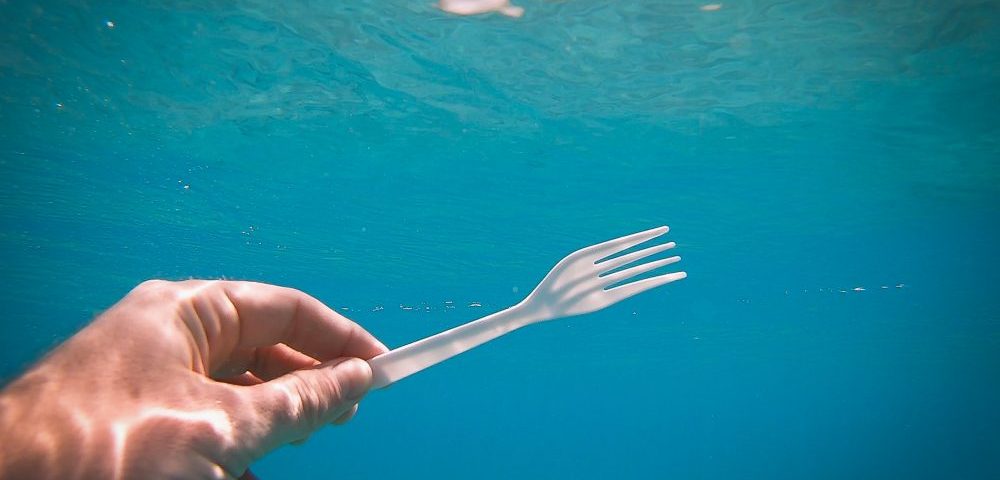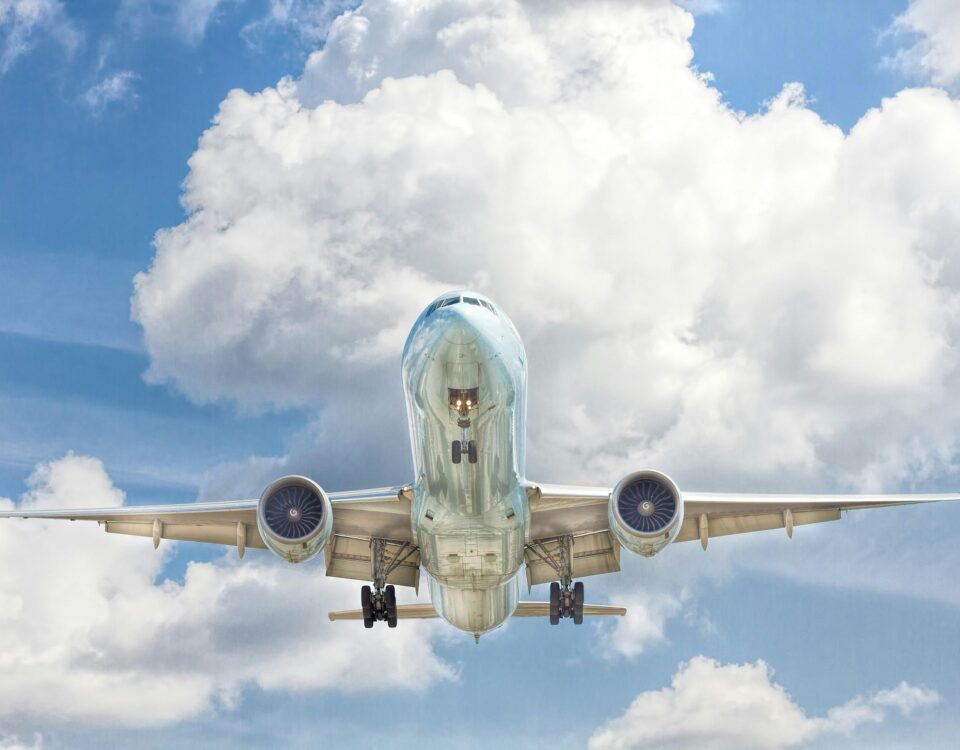Windhoek Light Supports Activities at Fish River Canyon
June 28, 2019FNB supports Etosha National Park roads upgrade
August 5, 2019Words: Charene Labuschagne
It’s all-consuming – the consequences of humanity’s century-long carelessness and ignorance with regard to our environment. We’ve surely all had a hand in the negative impact. A footprint that is, unfortunately, irreversible. It’s not a dead end road, however. There’s a light at the end of the tunnel – we have the opportunity to put a stop to the pollution of our oceans, land and atmosphere. What a privilege to be entrusted with such a big responsibility. We can’t all go out and buy Teslas, so instead, we are going plastic-free this July. It’s certainly a lot more complicated than dedicating a single month to reducing our use of plastic, but migrating from a plastic-purchasing to a waste-reducing consumer simply requires us to start with baby steps. It’s much more sustainable and cultivates a lifestyle, rather than a fad.

Graphic: Charene Labuschagne
Truth be told, I forget my reusable shopping bags at home every other time I go grocery shopping. I cannot explain the guilt I feel when the cashier is packing my goods into another single-use plastic bag. What I’ve found is that if you leave your reusable bags by the door once you’ve packed out your groceries, it’ll be easier to remember to put them back in your car for next time. Don’t tell me I’m the only person who only remembers things when I trip over them…
Plastic straws are an absolute no-no. I refuse to accept any drink or beverage with a straw. In fact, tell the waiter you don’t want the straw – as sometimes they unwrap and submerge it before your order gets to your table, at which point it doesn’t help to throw a fit. Some drinks seem to ask for a straw, but you know what’s even better? A planet that won’t spontaneously combust at any given moment.
When grocery shopping, those flimsy little plastic bags we pack our fruit and veggies in can become a bit of an issue. Larger items like butternut and fresh ginger really don’t require to be packaged. If you do, however, intend on buying a bunch of sweet potatoes and onions, reusable is once again the name of the game. Try sourcing a lightweight alternative for your fresh produce.
A few other examples of minimising plastic use:
- Milk in cartons tastes way better than in plastic bottles. First prize is, of course, a glass bottle – but I have yet to see those in Namibian stores.
- Invest in a good reusable water bottle (or three) and fill up. Keep one in your car for in-case.
- Opt for a cone instead of a cup when ordering ice-cream. I’m certain the environment will thank you for consuming a few more calories in her honour.
- Try doing without plastic-bottled sodas and soft drinks – even more motivation to get that waffle-cone!
- Switching back to bar soap instead of liquid is worth it for the sake of our planet.
At the end of the day, it’s the combination of minimising our use of plastic as well as the proper disposal of all our goodies, that makes the difference. We have some bad habits to kick, and we all know how difficult that is. Keep in mind that we’re working with a metaphorical ticking time bomb, so it is of the essence to get going – and what better time than during Plastic-Free July.



1 Comment
This information most of tourists are aware of but not the ordinary Namibian citizen. Most of the workers at the supermarkets in Namibia or at the petrol stations look at you so strange when you refuse to take the plastic bags they offer so willingly to put your groceries in. Therefore you should start campaigning in all selling points in the country, television, radio as well as in schools and make children aware of this huge problem and maybe children can teach their parents!!!!!!